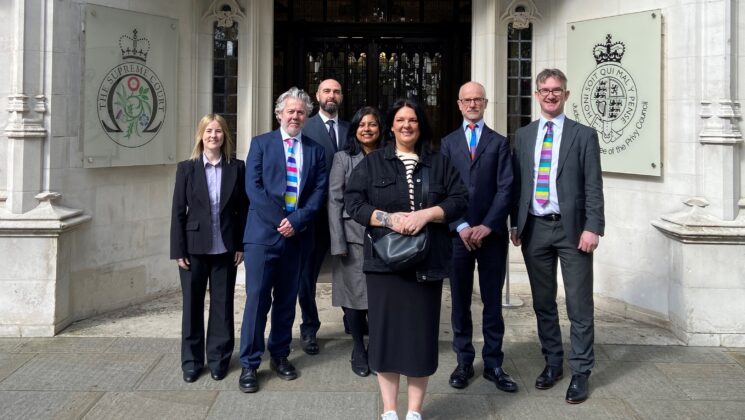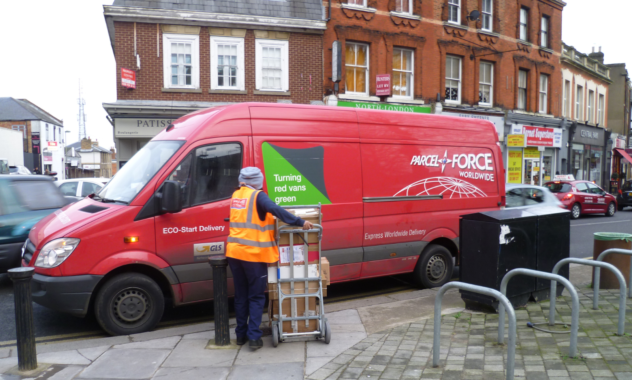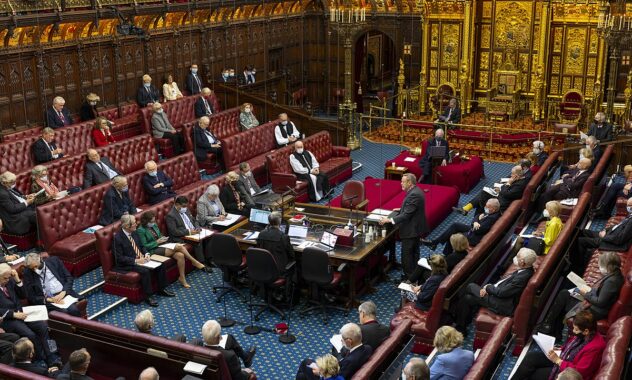Supreme Court judgment: UK trade union law breaches Article 11 of the ECHR
Unison’s legal case makes clear employers must not discipline staff for striking

Supreme Court Judges have told employers they’ll no longer be able to discipline their staff for taking part in legal strike action in a UK Supreme Court ruling today (Wednesday), says Unison.
The judgment says:
“If employees can only take strike action by exposing themselves to detrimental treatment, the right dissolves. Nor is it clear what legitimate aim a complete absence of such protection serves. In the context of the scheme of protection that is available, it is hard to see what pressing social need is served by a general rule that has the effect of excluding protection from sanctions short of dismissal for taking lawful strike action”.
The full text can be found here.
The union, which took the case on behalf of care worker Fiona Mercer, says the government must now act quickly to change the law and ensure no other employees are treated unfairly.
Mercer had originally taken her employer, Alternative Futures Group (AFG), a charity based in the north west of England, to an employment tribunal in April 2020. There, the Unison argued that Article 11 of the European Convention on Human Rights (ECHR) – incorporated into UK law by the Human Rights Act 1998 – protects workers who take industrial action against their employer. Unison said this meant employees should not be disciplined or treated unfairly because they had taken part in industrial action.
The tribunal disagreed, although it found the Trade Union Labour Relations (Consolidation) Act 1992 was likely to be incompatible with international human rights law. Unison supported Fiona Mercer’s appeal, and an employment appeal tribunal (EAT) found in her favour. The EAT President said that UK law was not compliant with Article 11 of the ECHR and added wording to section 146 of the Trade Union Labour Relations (Consolidation) Act as a protection for striking workers.
However, Kwasi Kwarteng took the case to the Court of Appeal, which overturned the EAT decision. The government’s intervention meant a loophole in protection for striking workers continued.
The Supreme Court has now found that section 146 of the Trade Union Labour Relations (Consolidation) Act is incompatible with Article 11. This is because it fails to provide any protection against sanctions short of dismissal, which are intended to deter or penalise workers from taking part in lawful strike action organised by their union.
Today’s judgment follows a two-day hearing in December. Unison took the case to the Supreme Court to overturn an earlier Court of Appeal decision. The union, represented by a legal team from Old Square Chambers, including IER Executive Committee member Alan Bogg, as well as Michael Ford KC and Stuart Brittenden KC had argued this had left the UK in breach of international law and striking employees without proper protection.
The Supreme Court judges were scathing of the government’s failure to provide the minimum protection UK workers should have been granted.
UK law prevents employers from sacking employees who take legal strike action, but until today, it offered no protection to anyone subsequently picked upon for walking out in a dispute.
Fiona Mercer had been involved in a dispute over AFG’s plans to cut payments to care staff who did sleep-in shifts. Fiona’s employer wasn’t happy, singled her out, suspended her and barred her from going into work or contacting colleagues during the action.
Fiona’s case wound up at an employment appeal tribunal (EAT) in 2021, which found in her favour. It said UK law must protect her from being victimised for going on strike.
That should have been it, says Unison as the charity had then decided it wasn’t prepared to proceed any further.
But the then business secretary Kwasi Kwarteng intervened and took the case to the Court of Appeal, which subsequently decided to reverse the EAT decision in March 2022.
Back to where it started, Unison sought permission on behalf of Fiona to take the case to the highest court in the land, and this led to the judgment handed down today.
Unison general secretary Christina McAnea said:
“This is the most important industrial action case for decades. It’s a victory for every employee who might one day want to challenge something bad or unfair their employer has done.
Rogue bosses won’t like it one bit. They’ll no longer be able to punish or ill-treat anyone who dares to take strike action to try to solve any problems at work.
No one strikes on a whim. There are many legal hoops to be jumped through first. But when a worker decides to walk out, they should be able to do so, safe in the knowledge they won’t be victimised by a spiteful boss.
The government must now close this loophole promptly. It won’t cost any money and isn’t difficult to do. Today is a day to celebrate.”
Fiona Mercer said:
“I’m delighted at today’s outcome. Although it won’t change the way I was treated, it means irresponsible employers will now think twice before behaving badly towards their unhappy staff. If they single strikers out for ill-treatment, they’ll now be breaking the law.”







